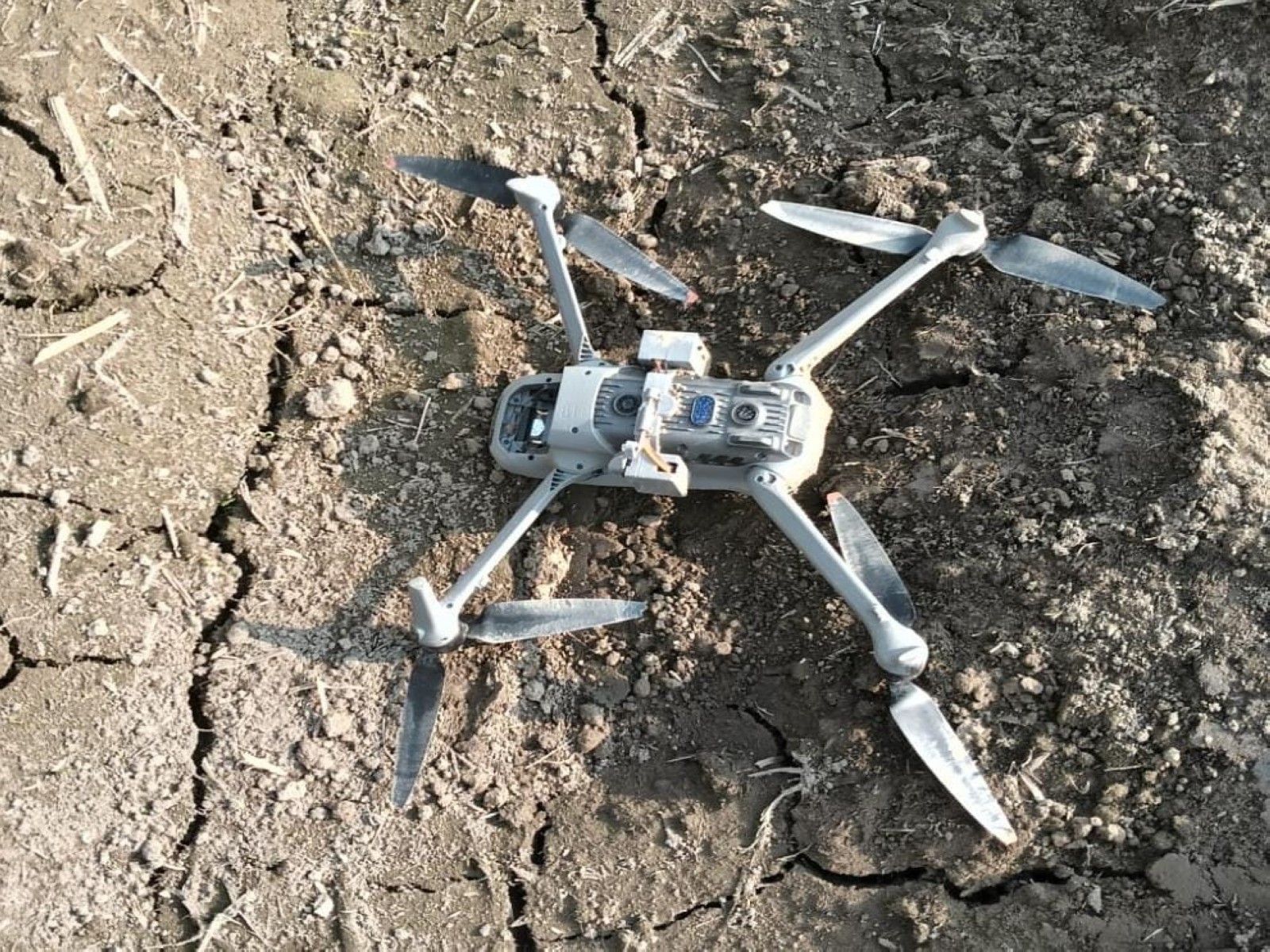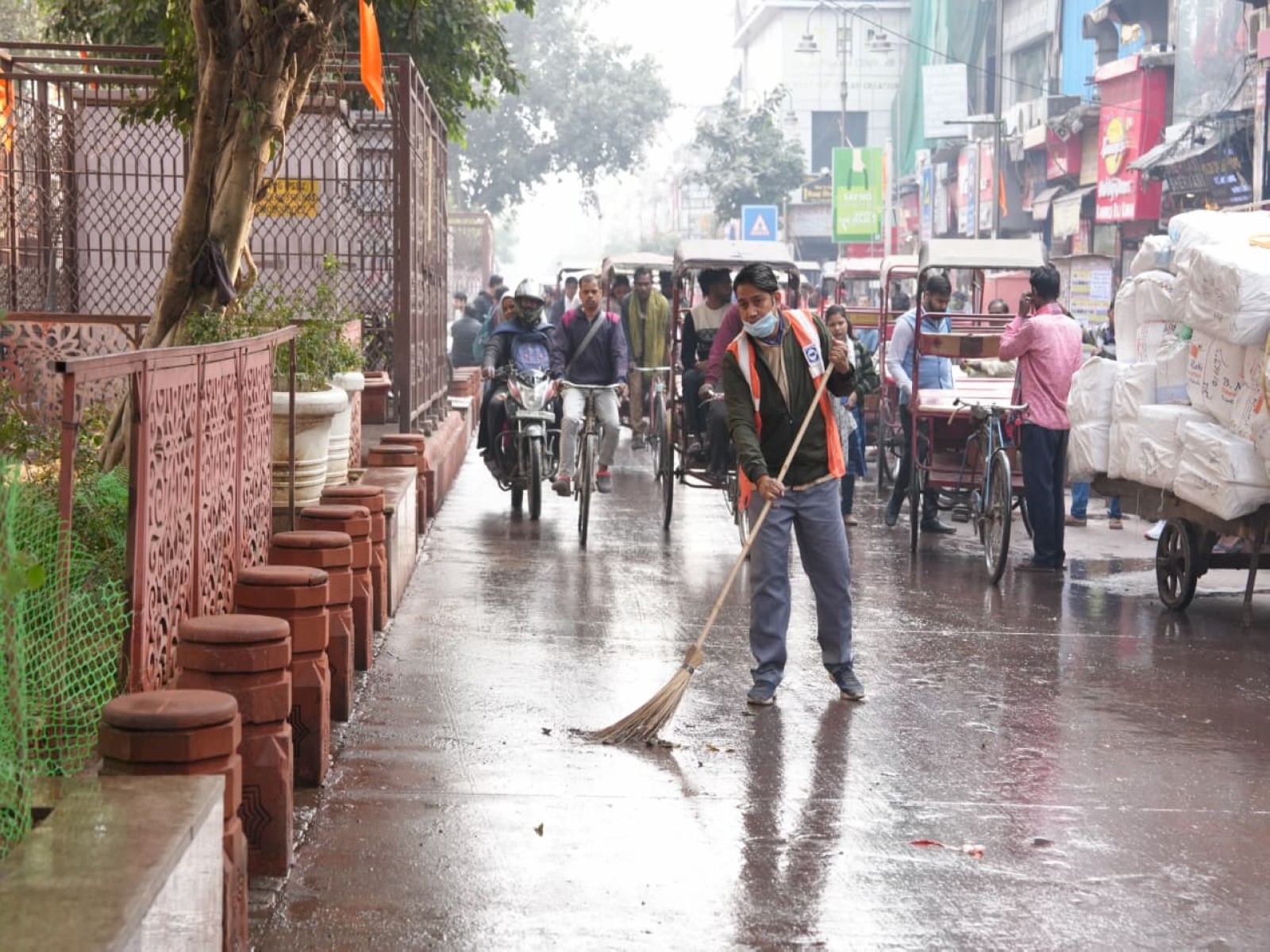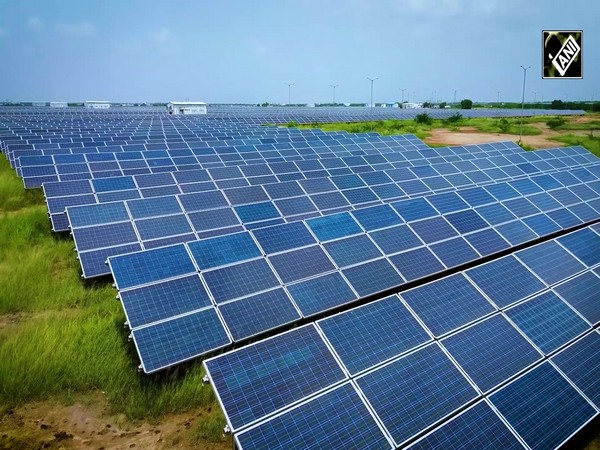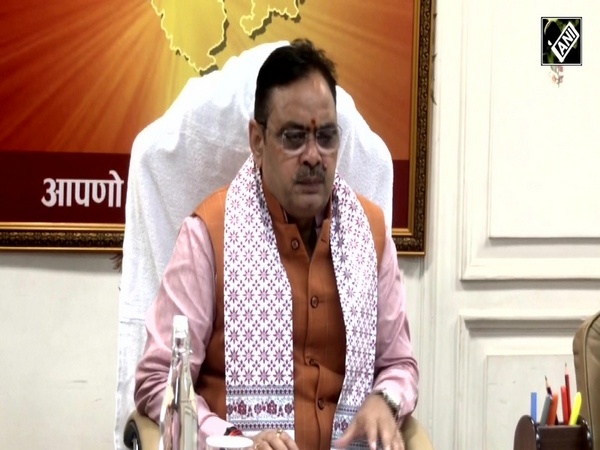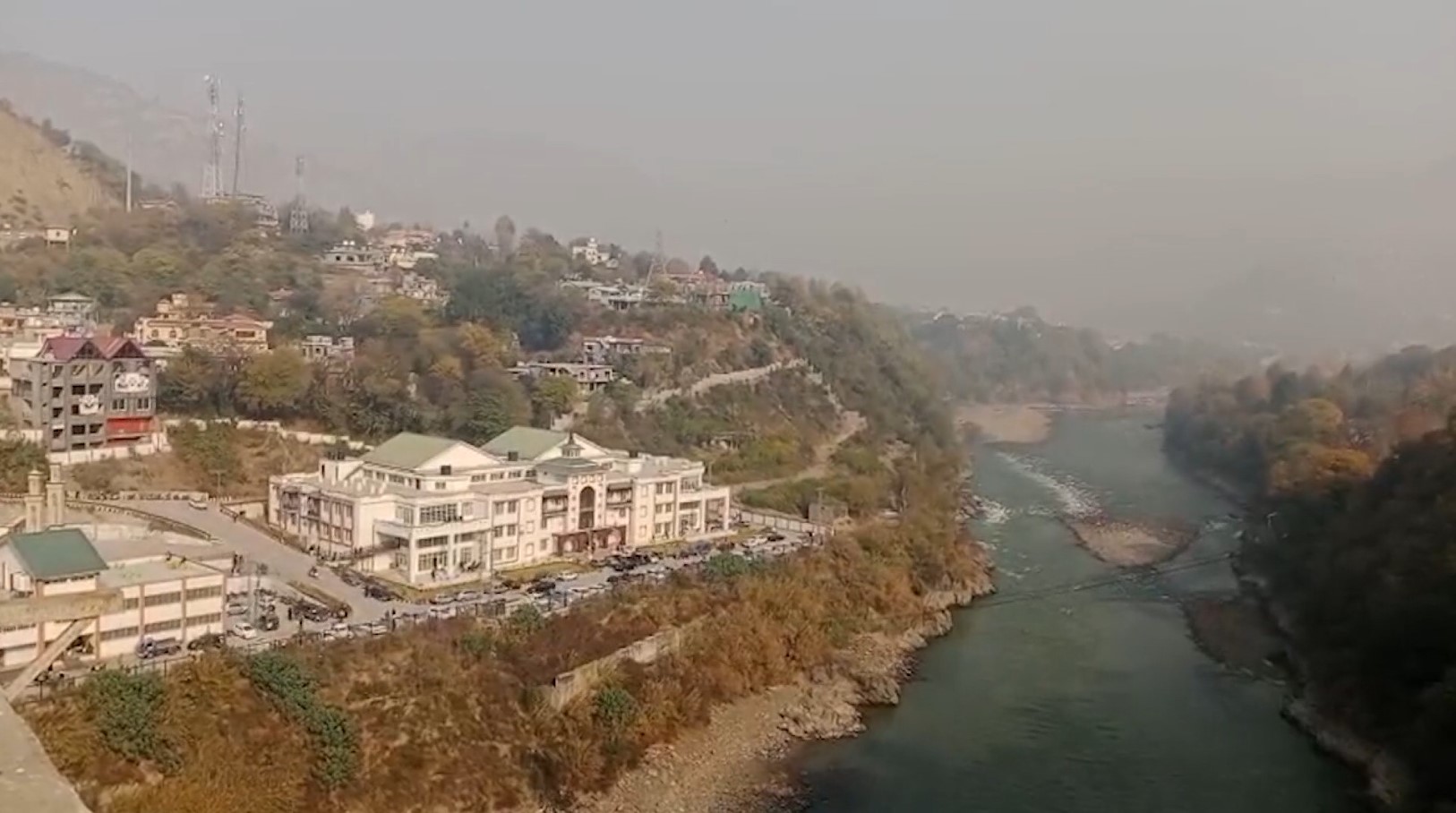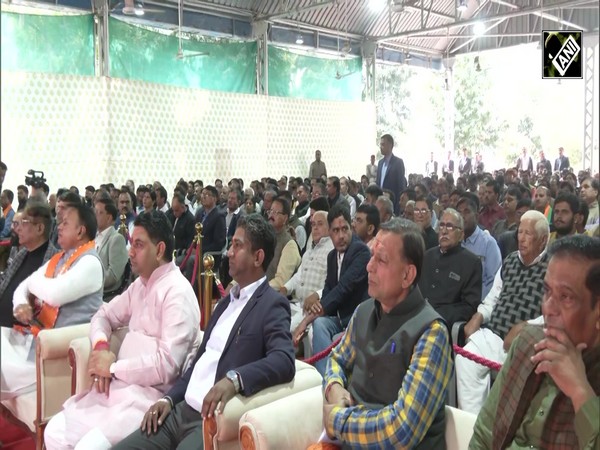Water crisis looms large in Pak, may face absolute scarcity by 2040
Mar 22, 2021

Washington DC [US], March 22 : Amid the rising population and climate change, the availability of fresh water is becoming worrisome in South Asia, particularly in Pakistan, which may face absolute water scarcity by 2040.
According to the Washington-based magazine, the International Monetary Fund (IMF) has placed Pakistan at "third" position in the list of countries facing acute water scarcity.
Moreover, the per capita availability of fresh water in Pakistan has fallen below the water scarcity threshold (1,000 cubic meters), which was 3,950 cubic meters in 1961 and 1600 in 1991.
In an article published in The National Interest, researcher Nasir Javaid said that about 1.8 billion people, especially those living in Asia, will face acute water scarcity by 2025.
"Many experts fear that the per capita availability of fresh water in Pakistan will further decline to 860 cubic meters by 2025 and the country may reach absolute water scarcity by 2040. The decline can also be attributed to the rising population, as, for instance, the population has increased from 46 million in 1961 to over 200 million today," Javaid said.
He has suggested that Pakistan should adopt "drip and sprinkler" irrigation technique to meet its agricultural needs and combat the water wastage ratio, which is an alarmingly high 45 per cent.
Javaid has argued that a pertinent technique that can minimise these conveyance losses and can reduce Pakistan's dependence on groundwater for irrigation is the "drip and sprinkler" technique. This method in question was recently tested by the Punjab Agriculture Department in Rawalpindi in 2018-19.
Noting the efficiency in saving portions of irrigation water, he suggested that the drip and sprinkler irrigation scheme should be spread to all major agricultural regions in Pakistan.
As per Javaid's report, the agricultural sector consumes around 95 per cent of surface water in the country. Meanwhile, the agricultural sector contributes around 18.9 per cent to the national gross domestic product (GDP).
"Thus, freshwater, in relation to irrigation, is an essential contributing factor to national economic security, as Pakistan earns revenue by exporting its major crops. Moreover, freshwater also contributes to the nation's food security through the production of food crops," Javaid said.
He further stated that the adoption of the drip and sprinkler technique in the agricultural sector can reduce the country's worsening freshwater scarcity problem and, in turn, can also strengthen Pakistan's economic and food security.






